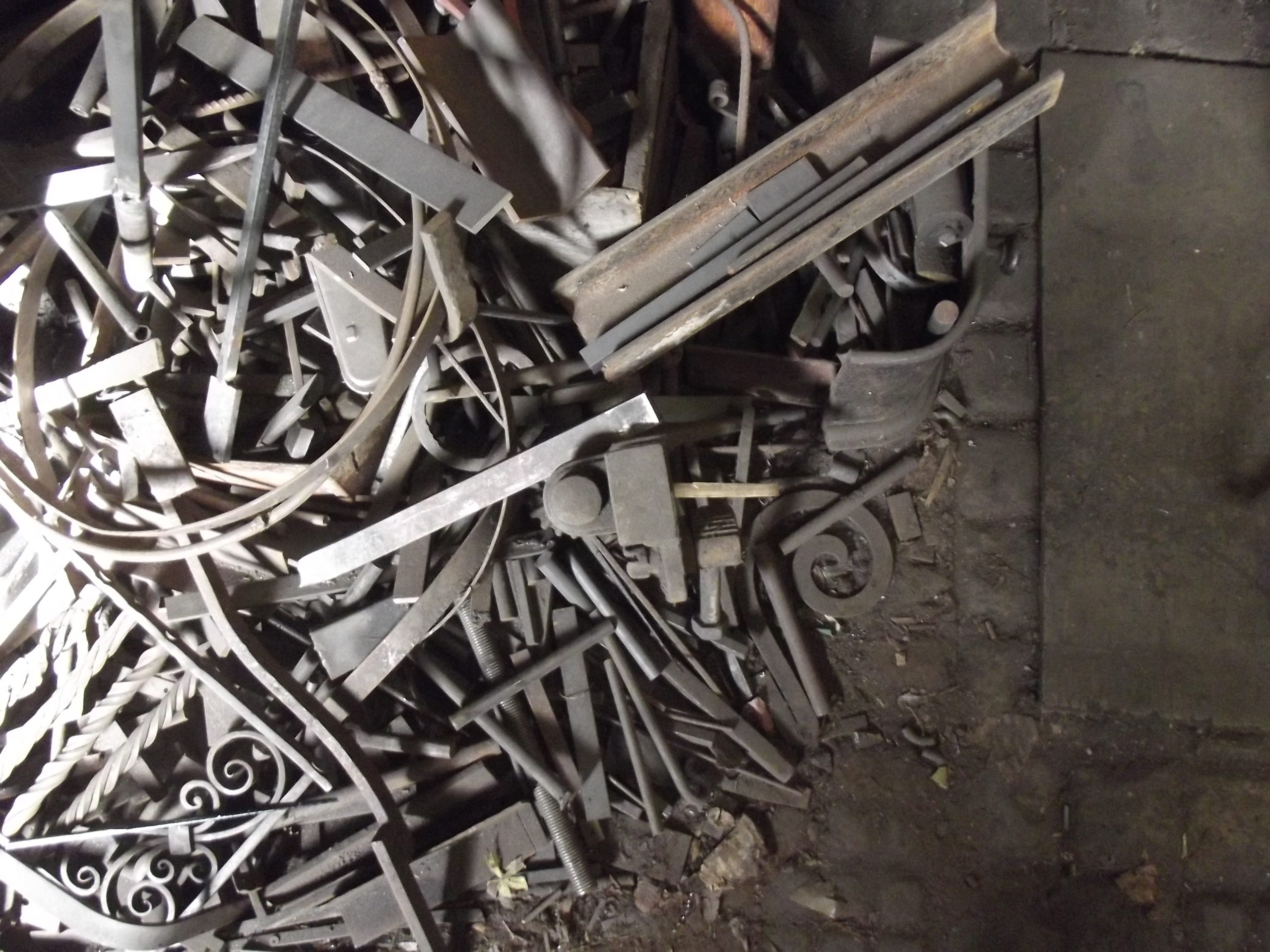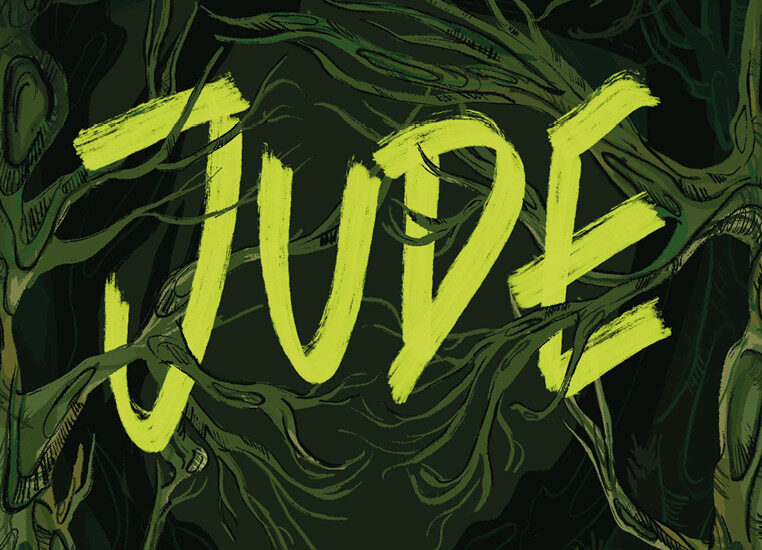Burnwater
A few months ago I was thrilled to learn that Litro Online accepted for publication a story I wrote during my Master’s degree.
Burnwater was a long burn of a story which took me many months to write and was in gestation for months or even years before that. It is the tale of a musician who, not unlike other folk music collectors of the late nineteenth and early twentieth centuries, went to find the elusive song of a blacksmith. This fancy – the idea that blacksmiths might sing, and that someone might wish to record their song – is one that has been with me for a long time. I have over the years lingered at the doors of forges watching a number of blacksmiths at work, and in 2020, just days before we all locked ourselves away, I had cause to haunt a particular smithy.
I had been tasked by a magician to commission a kerykeion – that is, a herald’s staff in the style of Hermes’ – from a smith I had been speaking to for some time. After a trip to the British Museum to see one in person, I came back with a design and following some back and forth, the smith agreed to the working. We met at the first hour of Mercury on a Wednesday which, in early March, meant I had to leave the house in the dark and drive north at five in the morning. I arrived with a basket of provisions and waited in the dark for him to arrive. I was completely alone there and, not unreasonably, wondered whether the smith might have forgotten or chosen not to come. He turned up eventually, rather out of nowhere and, just before the hour of Mercury was about to turn, he fired up the forge and began work on the final elements of the wand I had asked him to make. As he worked, I said the magic words decided upon by the magician and myself and offered up prayers to Saint Brigid, a patron of smiths. Afterwards we spoke and shared a breakfast of hazelnuts, potato cakes, soft white cheese and hot tea. I departed with the wand wrapped in my grandmother’s linen tablecloth and exchanged it for money and a Brigid cross that I’d made from reeds as a token of protection.
It was the last significant magical working I would do for a long while.



This particular encounter with a blacksmith lingered in my mind all through the confinement of 2020. As did the time where I spent half an hour speaking with a smith at the bus stop opposite the forge in the village where I lived when I was still a teenager. And the time I left a note for another smith in Wales, telling him I knew he was a magician and came from elsewhere. And the time I watched the farrier shoe the ponies at the riding stables when I was thirteen. I returned time and again to Susan Cooper’s The Dark is Rising and read all that I could on blacksmiths across the world and through history because I knew I wanted and needed to write about a smith. Or the smith I’d worked with. Or all smiths. About their strange, liminal worlds and their ambivalence when it comes to working for the dark or the light. It wasn’t until I found the fifteenth century poem The Blacksmiths or a Satire on the Blacksmiths that I felt able to properly articulate the strangeness that all the smiths I’ve known seem to radiate.
I took the words of the poem and, largely ignoring their meaning, I gave them to the smith of the story I was writing. The magician who commissioned the kerykeion suggested that I chop up the poem rather than use it in full. He was in the middle of cutting up poetry himself to make new things and thought it might be something I could experiment with too. He is far more adept at such work as you will see if you go and read it (see link below) but I was grateful for the idea that led to the story’s ultimate form. (If you take a look at Callum’s work, it will also give you a flavour of some of the words used for the working I did with the smith, given that he wrote the majority of it).
It took quite some doing to wrangle The Blacksmiths into new form, but I am pleased with how it turned out. I don’t think I am quite done with smiths yet as they have a tendency to crop up in a couple of other projects I’m working on, and sometimes in my dreams, but I am at least glad to have completed the working I did at the forge in 2020 with Burnwater as its closing piece.
You can read Burnwater at Litro Online here.
Read Callum James’ cut up poetry about Hermes and Hekate here.
The original poem The Blacksmiths can be found in British Library MS Arundel 292 but you can read it here too:
The Blacksmiths
Swarte-smeked smethes, smattered with smoke,
Drive me to deth with den of here dintes:
Swich nois on nightes ne herd men never,
What knavene cry and clattering of knockes!
The cammede kongons cryen after ‘Col! Col!’
And blowen here bellewes that all here brain brestes.
‘Huf, puf,’ saith that on, ‘Haf, paf,’ that other.
They spitten and sprawlen and spellen many spelles,
They gnawen and gnacchen, they groan togedire,
And holden hem hote with here hard hamers.
Of a bole hide ben here barm-felles,
Here shankes ben shackeled for the fere-flunderes.
Hevy hameres they han that hard ben handled,
Stark strokes they striken on a steled stock.
‘Lus, bus, las, das,’ rowten by rowe.
Swiche dolful a dreme the Devil it todrive!
The maistre longeth a litil and lasheth a lesse,
Twineth hem twein and toucheth a treble.
‘Tik, tak, hic, hac, tiket, taket, tik, tak,
Lus, bus, las, das.’ Swich lif they leden,
Alle clothemeres, Christ hem give sorwe!
May no man for brenwateres on night han his rest.


